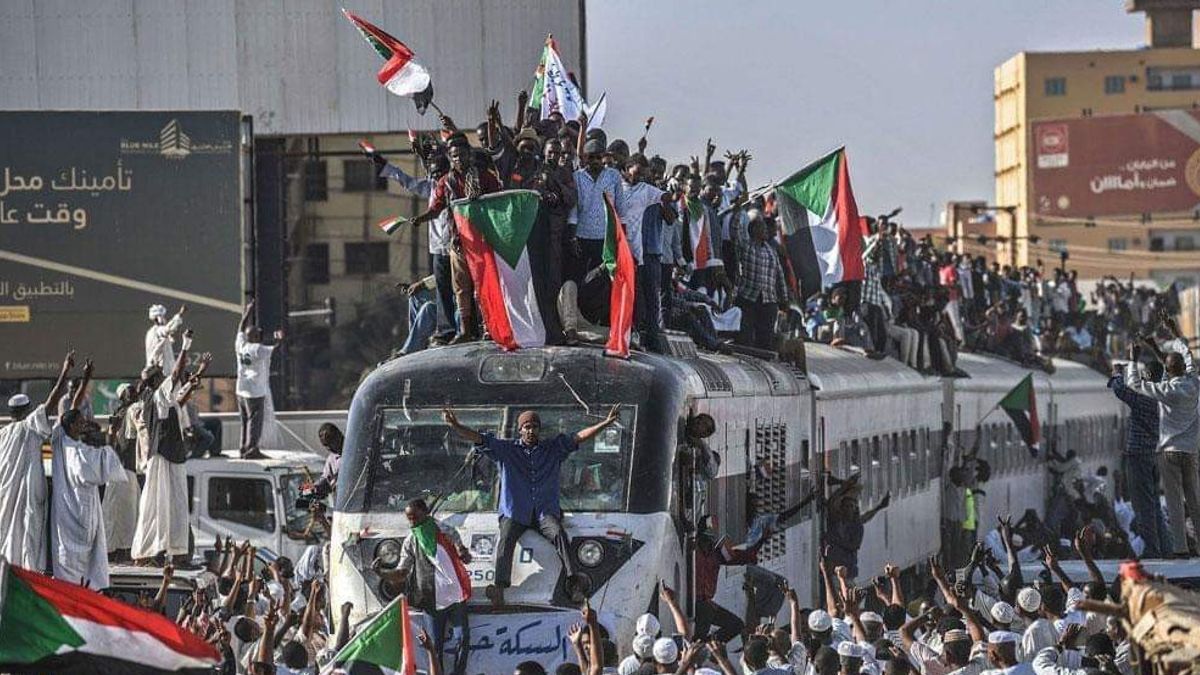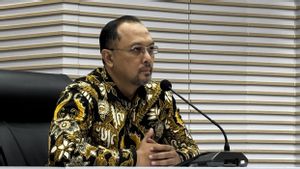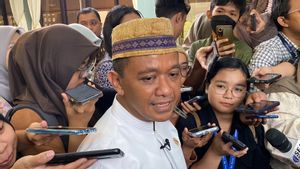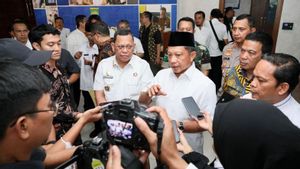JAKARTA - Artillery fire was heard in parts of Sudan's capital, Khartoum and warplanes flying overhead on Tuesday, residents said, raising fears of fierce fighting to erupt and destroy Sudan's hopes raised by an internationally monitored ceasefire.
Several other residents reported relatively calm on Tuesday morning that the first day of the ceasefire, which is overseen by Saudi Arabia and the United States, was intended to allow humanitarian aid deliveries.
Activists wrote to the UN envoy to Sudan complaining that it was a serious human rights violation against civilians that they said occurred when fighting broke out.
After five weeks of fierce fighting between the army and paramilitary Rapid Support Forces (RSF), the warring factions on Saturday agreed to a seven-day ceasefire that began at 9:45:45 GMT) on Monday, aiming to allow aid deliveries.
The ceasefire deal, reached in talks in Jeddah, Saudi Arabia has raised hopes for a war lag that has left nearly 1.1 million people from their homes, including more than 250,000 people fleeing to neighboring countries, threatening to destabilize the volatile territories.
"Our only hope is a successful ceasefire, so we can return to our normal lives, feel safe and return to work again," said Atef Salah El-Din, a resident of Khartoum.
Although fighting continued despite previous ceasefires, this was the first ceasefire to be officially approved after negotiations.
The ceasefire deal for the first time includes monitoring mechanisms involving soldiers and RSF as well as representatives from Saudi Arabia and the United States, which brokered the deal after talks in Jeddah.
US Secretary of State Antony Blinken said the monitoring mechanism would be "long distance", without providing details.
"If the ceasefire is violated, we will know, and we will hold violators accountable through our sanctions and other tools we have," he said in a video message.
"The Jeddah talk has a clear focus. Ending violence and providing assistance to the Sudanese people. The permanent settlement of this conflict will require even more," he added.
Shortly before the ceasefire took effect, RSF released an audio message from its commander Mohamed Hamdan Dagalo, known as Hemedti, in which he thanked Saudi Arabia and the US, but urged his men to win.
"We will not back down until we end this coup," he said.
It is known, both sides accused each other of trying to seize power when this conflict broke out on April 15.
The English, Chinese, Japanese, Arabic, and French versions are automatically generated by the AI. So there may still be inaccuracies in translating, please always see Indonesian as our main language. (system supported by DigitalSiber.id)













